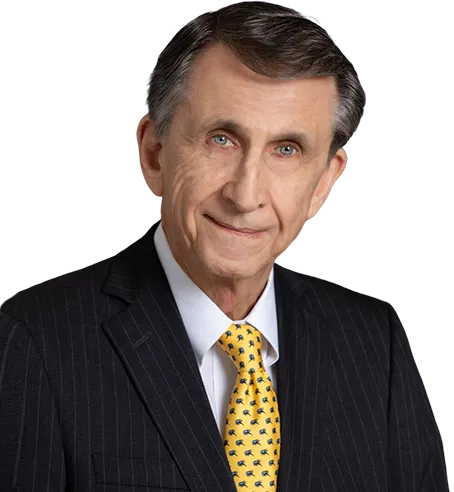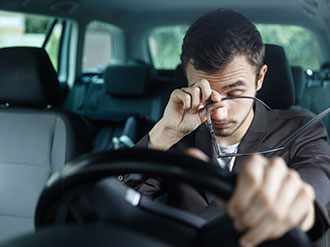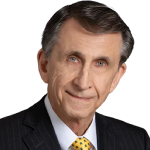|
|
Last Modified on Mar 05, 2025
Ask any trucker who drives on I-10 in and out of New Orleans and they will tell you that drowsy drivers are dangerous drivers. Research shows that fatigue slows reflexes, diminishes judgment and sometimes blurs vision.
Think about this, though: Why is it widely acknowledged that it is dangerous for people to drive while drowsy, but accepted in the medical community for fatigued doctors to prescribe medications, make diagnoses and even perform surgery?
A recent article penned by an MD and published in The Atlantic tackles the subject. It begins with the story of a 31-year-old neurosurgeon who was driving early one morning to the hospital where he worked.
Because he had been working 120-hour weeks, the doctor was overcome by exhaustion. That morning, behind the wheel of his car, he blacked out.
The crash resulted in 14 broken bones, including fractured ribs that punctured his thorax. His chest filled with blood and air, nearly killing him.
He looks back today and says he was then “a victim of physician fatigue and exhaustion.”
The author of the article recalls his own struggles with sleep deprivation during his medical training. He writes that “drowsy doctors are more likely to experience lapses in memory and judgment that can prove critical.”
Those lapses can, of course, result in harm to patients, whether it is a misdiagnosis of a serious condition, over- or under-prescribing medications or even an error while performing surgery.
You can speak with an attorney experienced in medical malpractice litigation about damages you have suffered due to a doctor’s negligence.





